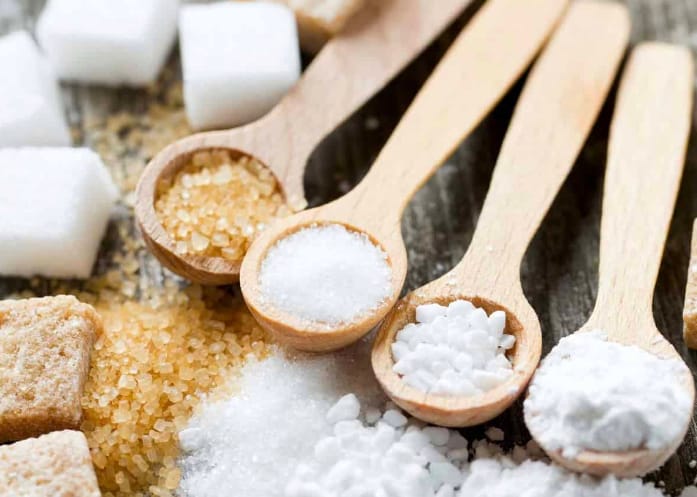Are you a baking aficionado or a newbie to the world of culinary crafts? Understanding the subtle yet significant differences between caster sugar and granulated sugar can elevate your baking from good to great. This blog will delve into the contrasts between these two types of sugar, why each might be favored in different recipes, and when it’s best to use one over the other. Whether you’re crafting a delicate meringue or whipping up a batch of cookies, knowing your sugars is key to success!
What Exactly is Caster Sugar?
Caster sugar, also known as castor sugar or superfine sugar, is finer than granulated sugar but not as powdery as confectioner’s sugar. It is prized in the kitchen for its ability to dissolve more quickly than granulated sugar, making it perfect for beverages, meringues, soufflés, and light cake batters.
Granulated Sugar: The All-Rounder
Granulated sugar is the most common form of sugar used in kitchens worldwide. It features a coarser texture and is highly versatile, suitable for both cooking and baking purposes. It’s the go-to sugar for creating crisp edges in cookies and adding volume to heavy cake batters.
Key Differences in Texture and Use
Texture Impact: The finer crystals of caster sugar are ideal when a smooth, refined texture is essential. For airy sponge cakes and creamy puddings, caster sugar is the preferred choice due to its quick-dissolving nature.
Melting Characteristics: Caster sugar melts and incorporates quicker than granulated sugar, which makes it a popular choice for whipping up meringues and syrups where sugar needs to dissolve rapidly and completely.
Visual and Tactile Quality: In recipes where sugar is not just a sweetener but also a texturizer, such as in shortbread cookies, the grain size of the sugar can affect the final product’s texture and structure.
When to Use Which?
Use caster sugar for dishes requiring a fine, silky texture without the graininess that might detract from the eating experience. It’s also the sugar of choice for cold beverages, as it dissolves quickly without needing heat.
Granulated sugar, conversely, is excellent for recipes that benefit from a slower dissolution rate, which provides consistent sweetness throughout. It’s also better for creating structure in baked goods like firm cookies or crusts.
Wrapping It Up
In summary, whether you reach for caster sugar or granulated sugar can depend greatly on the texture and quickness of dissolution you need in your cooking and baking endeavors. By choosing the right type of sugar for the right task, you can ensure your sweet creations come out just right every time.
Understanding these differences not only enhances your baking results but empowers you to make more informed decisions in the kitchen, leading to better culinary creations and, ultimately, more delicious outcomes.

